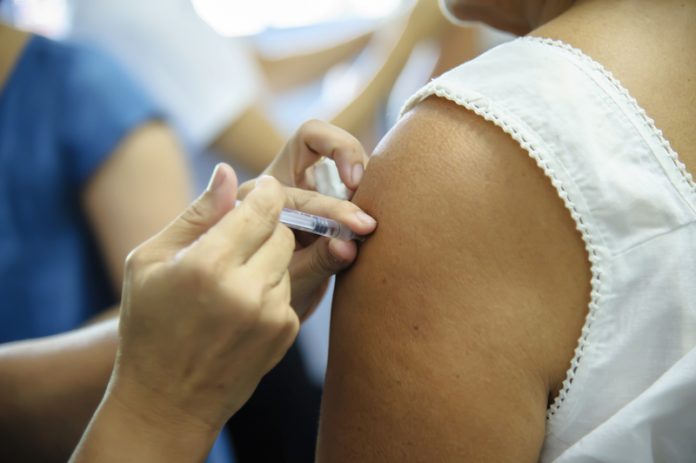Researchers at the National Institute of Allergy and Infectious Diseases have orchestrated a plan to create a universal influenza vaccine
The plan outlines essential research areas that need to be addressed to create a universal influenza vaccine.
The idea came after a workshop the NIAID held back in June. The organisation invited scientists, academics, industry experts and government officials to attend the event to discuss and identify knowledge gaps and research strategies.
According to the authors of the Journal of Infectious Diseases, medical breakthroughs in influenza virology, immunology and vaccinology have made the development of a universal influenza vaccine more feasible than a decade ago.
The NIAID aim to develop a universal influenza vaccine that can provide robust protection for all age groups against various influenza strains.
The current system renews seasonal influenza vaccines each year, to match the strains of infectious diseases expected to circulate throughout the upcoming season.
The NIAID has suggested that it will focus its resources and efforts into three integral areas of research:
- improving the understanding of the transmission, natural history and pathogenesis of influenza infection
- accurately characterising how protective influenza immunity occurs
- how to modify flu vaccination, whilst supporting the rational design of universal influenza vaccines, including the design of new immunogens and adjuvants to boost immunity and extend the duration of protection.
Researchers involved in the project agree that coordinated efforts between the government, academia, philanthropies and the private sector – as well as, specific product developments and a series of clinical tests – are vital in creating a universal influenza vaccine.
The NIAID will recruit scientists to help meet its designated goals and will expand the Institute’s research resources, by establishing long-term working relationships whilst supporting improved animal models of influenza infection.
The institute hope to use the plan as a basis for future research around universal influenza vaccinations.











